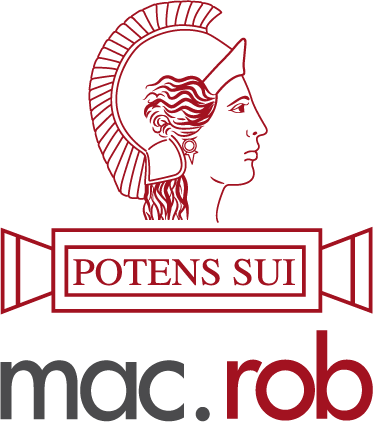Year 1 IB Theory of Knowledge Reflection
The Theory of Knowledge (TOK), one of the mandatory core subjects in the IB, embodies the educational philosophy of the program. There are twelve integrated concepts that are central to the course, such as perspectives, evidence, culture and truth. Based on these concepts are “knowledge” questions such as ‘How do we know?’ and ‘How can we be certain about this knowledge?‘. During our classes, we explore these questions through debates, thought experiments, and Socratic-style discussions, and record our reflections in our TOK journals. These TOK principles also extend their relevance across all our subjects, allowing us to create connections between them and deepen our understanding of what we learn. For example, in History, I learned to assess the values and limitations of sources before drawing conclusions, which made me consider the various historical factors that inherently influenced knowledge.
Tanveer (11F)
Some of the amazing TOK activities we have completed this year include a trip to the Botanic Gardens for Knowledge and Indigenous Societies and experiments that link TOK and our Group 4 Subjects (Sciences - Biology and Chemistry) together. At the Botanical Gardens, our TOK class was lucky enough to experience the Aboriginal Heritage Walk, in which we gained insight into the rich history and thriving culture of the First Peoples of Australia through a journey of identifying significant native plants within the Gardens. We also learned about Aboriginal plant uses, customs and ongoing connection to Country. Some of the TOK experiments completed, run by Mr Regalo, Ms Rose and Mr Davis, included finding a way to show if tomatoes were magnetic, as well as the history of homoeopathic medicine and the dilution techniques used.
Amrit (11L)
For this article, I decided to include a TOK-like reflection on Artificial Intelligence (AI).
During the production of knowledge, bias is inevitable, especially with AI, as this technology simply feeds off of the data it has been given, and that data can only be given by the programmer (a person, who is biased in the data they may give, even without intending to). And it is exactly because AI cannot think for itself that it is dangerous to us. So to say, it cannot even save us humans from bias and make the best choices for us, because the best choices are based on the data fed by a biased human. And if you consider the data used to feed AI, well… it is usually everything available in our vast online world. One look at Social Media can inform you about the data fed into this AI. To finish what a mini-TOK reflection could look like, I will leave you with some questions:
Is it ethical for the programmer to code AI to value certain data (such as peer-reviewed journals) more than other data (eg: Elon Musk’s Tweet)?
Is it right to withhold certain data (such as racist tweets being supported as positive by other users of the web) while programming AI?
If AI is the cause of society’s downfall, would it be because AI forcefully took over our lives, or because society started to rely on AI too much?
Maggie (11D)




